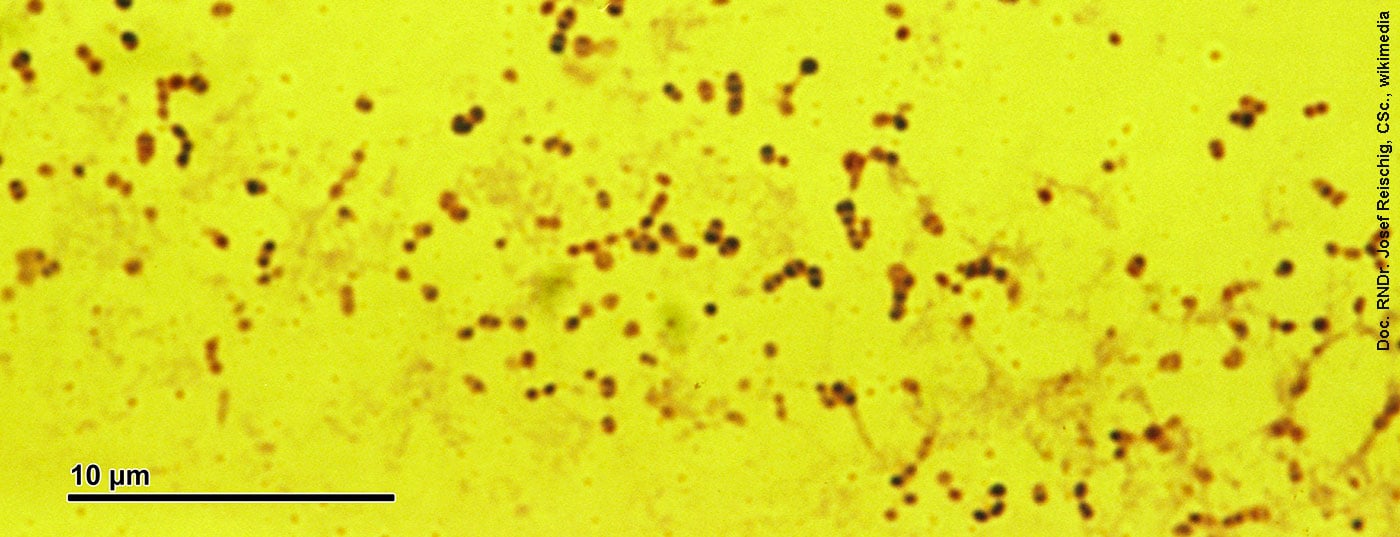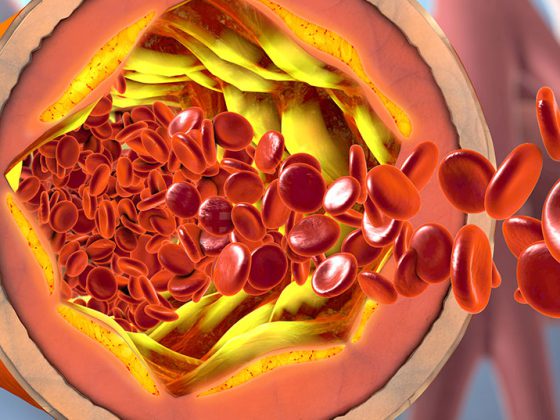Asthmatics and COPD sufferers are often easy prey for bacteria and viruses: Due to the underlying disease, the immune system of patients is usually less stable than that of healthy people and can offer little resistance to attacks by pneumococci or flu viruses.
A group of Russian researchers conducted a study to investigate the effectiveness of preventing pneumococcal infections in patients with existing chronic lung disease [1]. For this purpose, they developed a questionnaire to assess the history of the underlying disease in the year before vaccination and the history in the year after vaccination. 881 patients with chronic lung disease who underwent vaccination were included in the study and divided into three age groups.
The evaluation showed that pneumococcal vaccination significantly reduced the number of exacerbations of the underlying disease in patients with chronic lung disease:
- 56 to 60 years
(RR = 0.3; 95%-KI: 0.12-0.73) - 61 to 65 years
(RR = 0.3; 95%-KI: 0.12-0.73) - 66 to 70 years
(RR = 0.17; 95% CI: 0.06-0.49; p<0.05)
There was also a positive trend in hospitalizations for decompensation of the underlying disease: no hospitalizations were registered in all groups in the year after vaccination. There was also a significant decrease in the incidence of acute respiratory infections in all groups. The results indicate a high efficiency of vaccination against pneumococcal infections in patients with chronic lung disease, the researchers concluded.
Vaccinated COPDers with Fewer Exacerbations
This assessment was shared by Dr. Rosario Menéndez, University of Valencia, at the 2019 ERS Congress in Madrid [2]. Especially in patients with chronic respiratory diseases such as COPD, pneumococcal and influenza vaccinations can have life-saving effects. As evidence, she cited the rate of exacerbations requiring hospitalization during flu season, which drops by one-third when COPD patients are vaccinated against influenza.
|
Two vaccines for young and old Vaccination against Streptococcus pneumoniae offers a choice between the 13-valent conjugate vaccine (PCV13) and the 23-valent polysaccharide vaccine (PSV23). In contrast, chronically ill patients and those over 60 years of age are treated only with PSV23 unless they have an immunodeficiency or an increased risk of meningitis. If so, vaccination is done first with PCV13 and 6-12 months later with PSV23. In 2020, the Swiss Vaccination Plan made an adjustment to the risk groups as an innovation: According to this, a single dose of PCV13 is now recommended for adults diagnosed with celiac disease. This should protect against the increased risk of invasive pneumococcal infections due to celiac disease-induced hyposplenia or functional asplenia. |
Vaccinations against influenza and pneumococci are particularly advisable for patients with underlying pneumological and cardiovascular diseases. For example, pneumococcal pneumonia significantly increases the risk of myocardial infarction; cardiac biomarkers remain detectably elevated as late as four weeks after pneumonia.
Even beyond that, vaccination against both pneumococcus and influenza has other positive effects for chronically ill heart or lung patients, Dr. Menéndez pointed out. Among other things, this reduces antibiotic consumption, decreases resistance and has positive side effects for the cardiovascular system.
Literature:
- Kraposhina A, et al: Results of vaccination against pneumococcal infection in patients with chronic lung diseases. European Respiratory Journal 2019; 54: Suppl. 63, PA2896.
- Symposium “The future of respiratory diseases: what prevention can do” at the International Congress of the European Respiratory Society (ERS) 2019.
InFo PNEUMOLOGY & ALLERGOLOGY 2020; 2(1): 22.
HAUSARZT PRAXIS 2020; 15(4): 18











